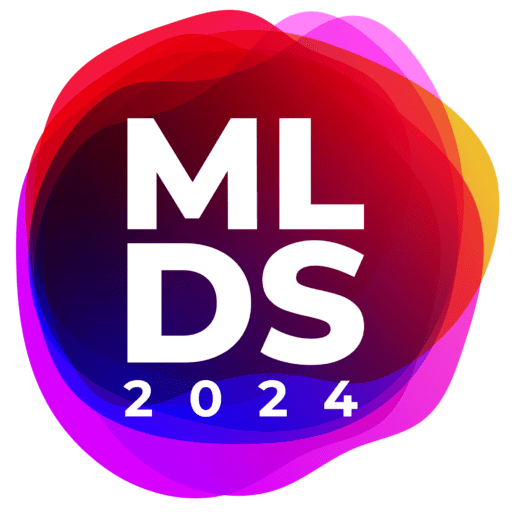The talk is a forward-looking dialogue that illuminates how SingleStore, a high-performance scalable SQL database, is at the forefront of this transformative wave, enabling organizations to harness the full potential of Generative AI.
We will delve into the complex tapestry of challenges and opportunities that organizations face in today's need-for-speed demands. With the advent of GenAI applications, the need for a robust, versatile, and high-speed database is more evident than ever. SingleStore, with its unparalleled real-time data analytics capabilities and support for diverse data models, stands as a crux of innovation, powering the GenAI future backed by the Global Fortune 500 & Unicorns.
Discover how SingleStore isn't just keeping up with the pace of change – it's setting the pace, one real-time insight and AI-driven decision at a time.
Key Highlights of the Talk:
Fueling Generative AI: Learn about the critical role of SingleStore in powering generative AI applications. A powerful combination of vector storage with full-text search, hybrid search, and multiple vector indexes that paves the way for groundbreaking AI-driven solutions.
Real-Time Data Architecture: Discover how SingleStore's real-time data analytics revolutionize decision-making processes, enabling businesses to instantly act on insights gleaned from vast datasets.
Multi-Modal Database Prowess: Imagine SQL+JSON. SingleStore's multi-model capabilities embrace relational, key-value, document, geospatial, time-series data, and full-text search, simplifying complex data architectures and significantly reducing operational complexity and costs.
Case Studies in Transformation: From real-time fraud detection to powering data-driven innovation in fintech, witness real-world cases and scenarios powered by SingleStore across multiple industries and applications.
HALL 1 (Main) - Keynotes/Tech Talks
























































































